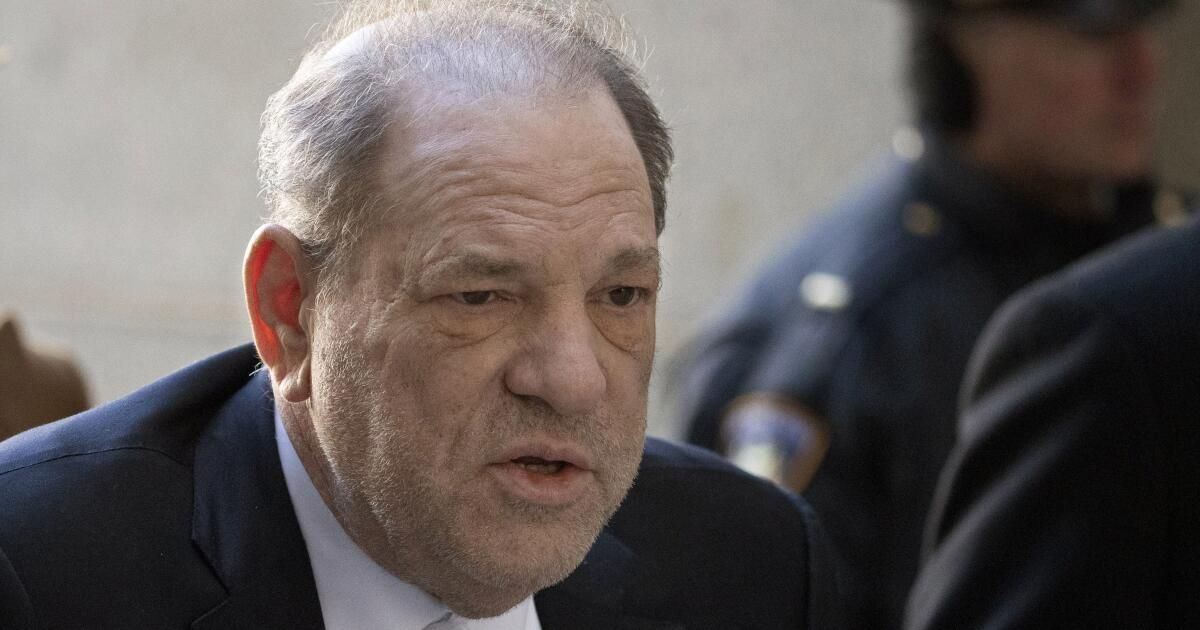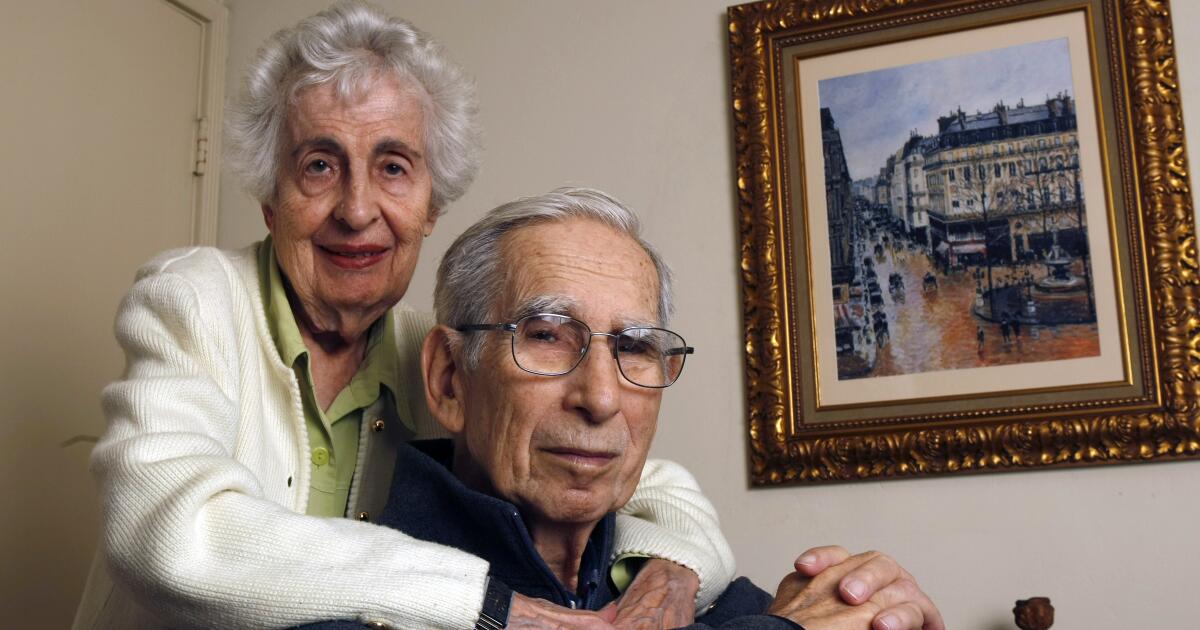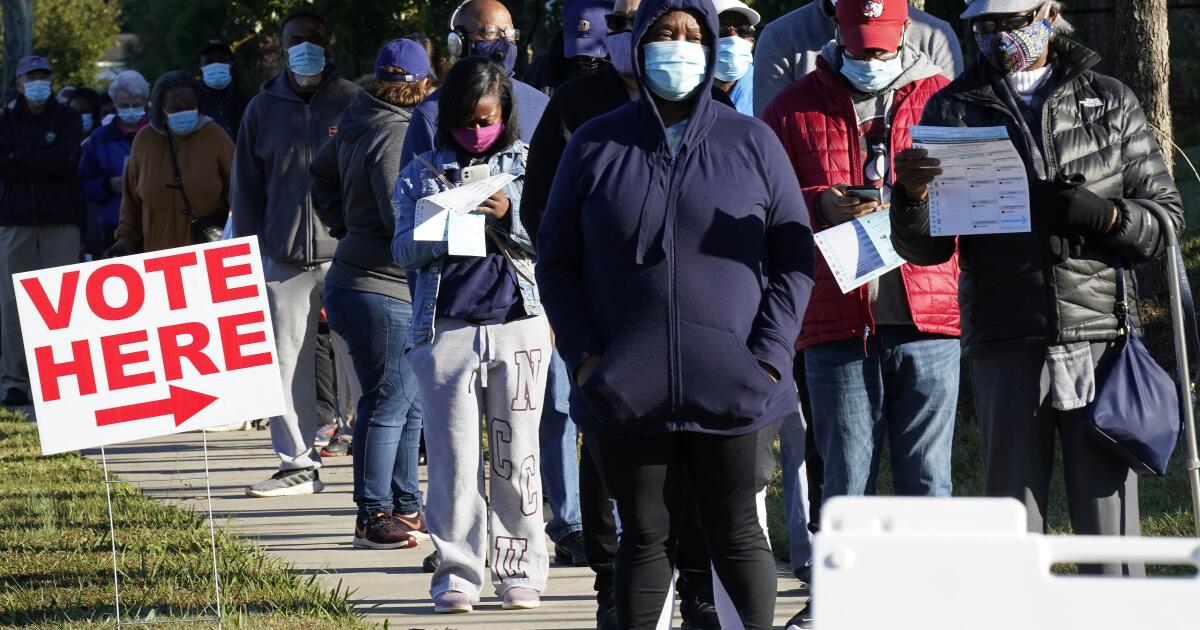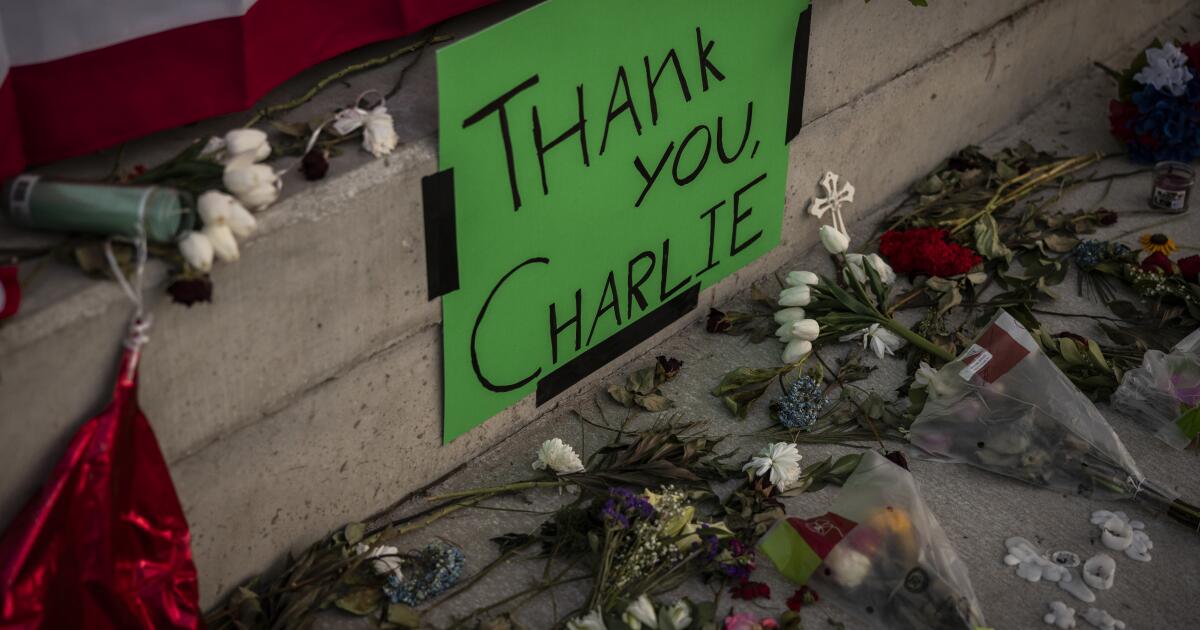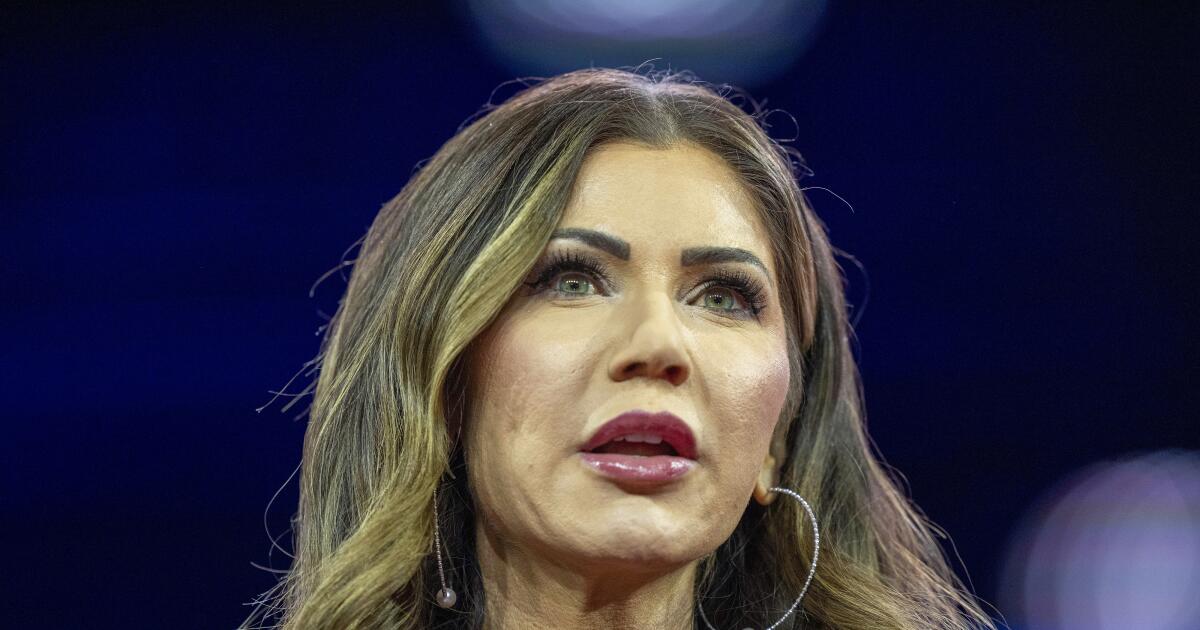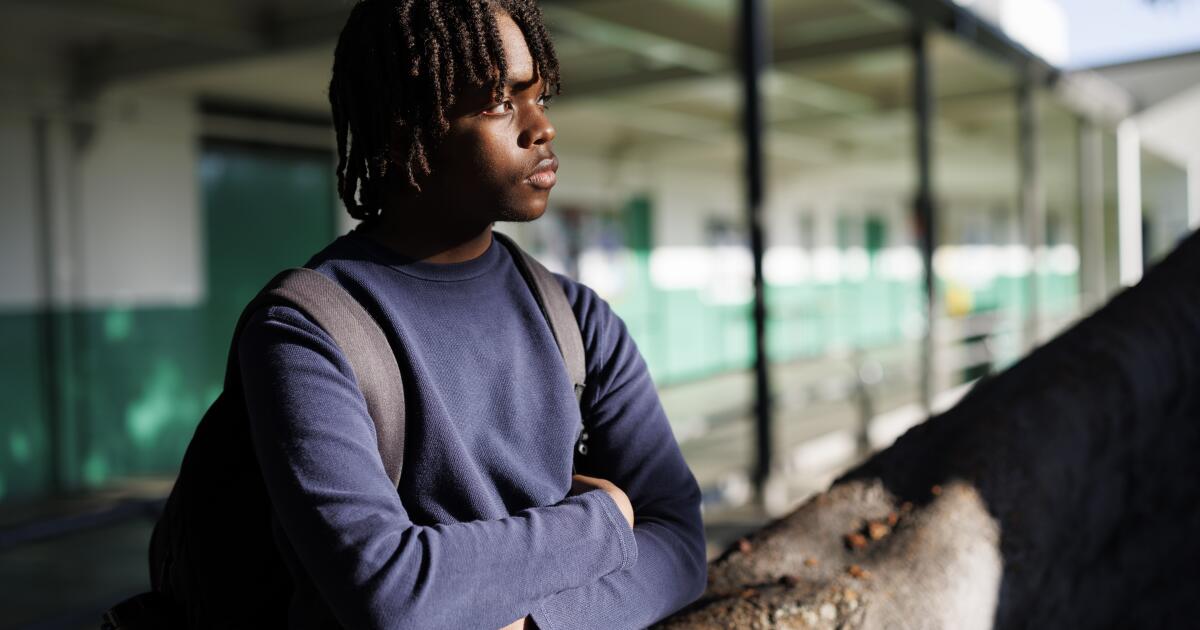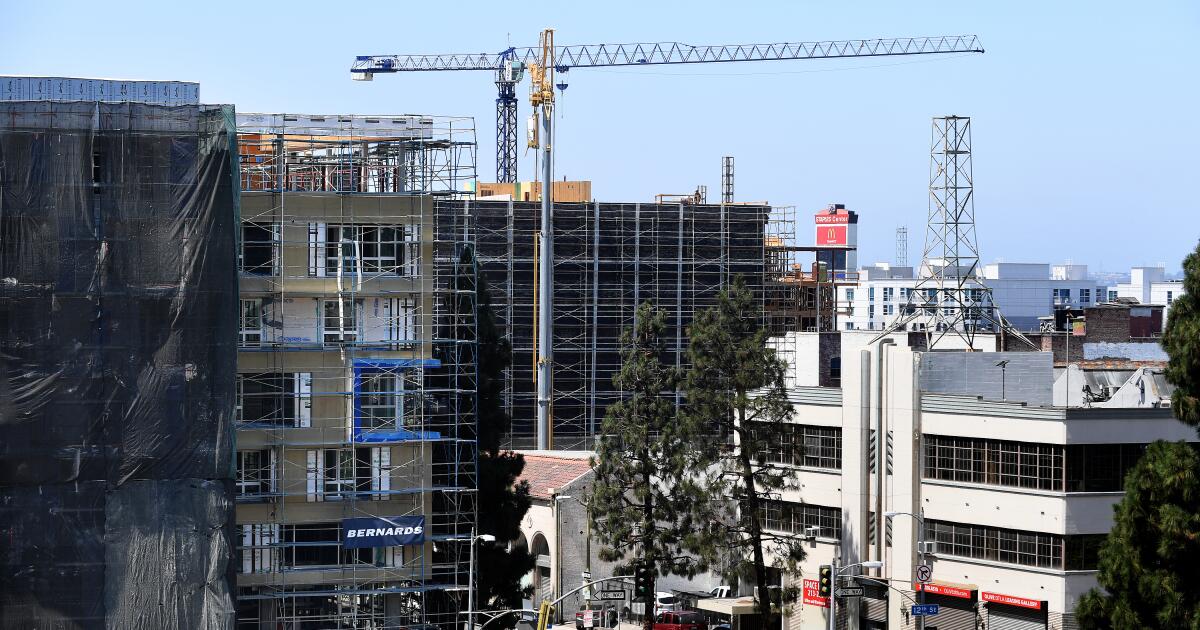Shortly after Claudine Gay resigned as president of Harvard University last month, an interesting aspect of her years as a university administrator emerged: As dean of the faculty of arts and sciences a few years earlier, Gay was involved in the ouster of a law professor from his secondary role as dean of a campus dormitory.
Professor Ronald S. Sullivan Jr. had caused a stir on campus in 2019 when he joined the legal defense team of Hollywood producer Harvey Weinstein, who was accused of rape or sexual assault by more than 80 women and whose case launched the # Me Too Movement. Weinstein was later found guilty of rape on two counts, as well as other crimes, and is serving a lengthy sentence.
But at the time Sullivan decided to defend him, Weinstein was legally an innocent man. He had as much right as anyone else to a strong defense, as guaranteed by the Bill of Rights.
Harvard administrators supported Sullivan's right as a lawyer to defend Weinstein, but also felt that his act did not take into account, as dean of a house, the turmoil felt by students in his dorm. When Sullivan responded to students' concerns by explaining the importance of a strong defense for unpopular defendants, Gay felt it was “insufficient” to address his feelings of insecurity. Sullivan was pressured to resign as dean. Shortly afterward, he also resigned from Weinstein's defense.
This was not the first time a lawyer was vilified for representing people accused of heinous crimes. One hundred years ago, iconic attorney Clarence Darrow, who already had a reputation for taking on controversial cases, was widely criticized for defending two teenage murderers.
You would think that by now college students and the public would understand that no matter how heinous the alleged crime, our country's legal system keeps people innocent until proven guilty and aims to deal with those accused. fairly and without favors.
Does it always work like this? No. Rich people can afford entire teams of brilliant lawyers. Black men have historically received harsher sentences than white men for the same crimes, according to a study by the U.S. Sentencing Commission. But either way, everyone has the right to a defense, whether in criminal or civil court. That almost always means they need a lawyer.
The same issue arose this month in connection with the contentious race for the 47th Congressional District in Orange County, which has included character assassination on both sides. Dave Min's campaign released a political ad accusing another Democratic candidate, Joanna Weiss, of funding her campaign with money her husband earned representing the Catholic Church in sexual abuse cases. (The Times endorsed Min in this race as the best candidate.)
Weiss's campaign, which has its own ad attacking Min, responded to Politico that most of her husband's work for the church was related to employment issues.
But that's not the problem. The church had the right to legal defense over sexual abuse, as well as any other matter, and lawyers (and their families) should not be demonized for providing it. Lawyers simply serve a function in the legal system, just as a judge does. Min, a former law professor at UC Irvine, certainly knows this.
Sometimes even prosecutors feel the public's scourge for doing their jobs. Christopher Darden, a candidate for Los Angeles County Superior Court judge, was vilified by some in the black community for prosecuting OJ Simpson.
Ultimately, better public understanding starts with better communication. And in this, Harvard missed the opportunity to educate by example by defending a basic principle.
The public must be able to discern the difference between people and organizations that behave outrageously and the rights of those people and organizations to be represented in court. This includes the right of lawyers to take on unpopular cases and their responsibility to provide their clients with the strongest possible defense.
This does not make students or the public unsafe. What would make everyone less safe is a justice system that is based on popular opinion and not the intentions set forth in the Bill of Rights.

